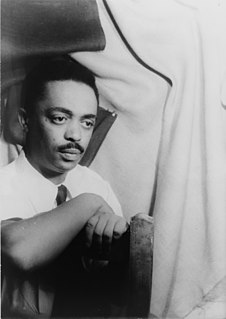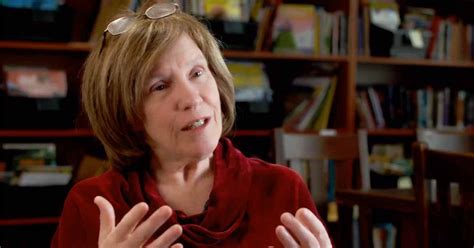A Quote by Arthur Miller
The job is to ask questions - it always was - and to ask them as inexorably as I can. And to face the absence of precise answers with a certain humility.
Related Quotes
Unlike in school, in life you don't have to come up with all the right answers. You can ask the people around you for help - or even ask them to do the things you don't do well. In other words, there is almost no reason not to succeed if you take the attitude of 1) total flexibility - good answers can come from anyone or anywhere (and in fact, as I have mentioned, there are far more good answers 'out there' than there are in you) and 2) total accountability: regardless of where the good answers come from, it's your job to find them.
I think as you grow up and you see things which are around you and you ask questions and you hear the answers, your situation becomes more and more of a puzzle. Now, why is it like this, why are things like this and since writing is one way in which one can ask this questions and try to find these answers, it seems to me a very natural thing to do, especially as it meant stories which I always found moving, almost unbearably necessary.
There are two things you need to ask for, to open up that channel, so you get the light. One is humility, because our ego is always going to block that guidance, and so you ask for humility.And the second thing you're going to ask for is courage, because what you're going to be asked to do is bigger than what you think you can do.






































